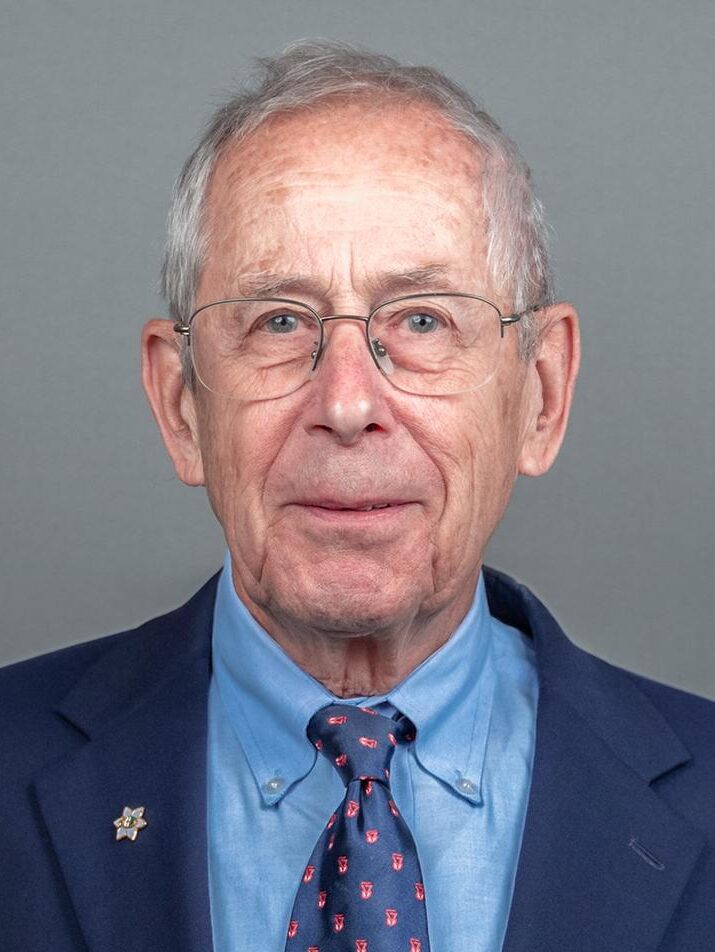Meet Our Physicists
P. James E. Peebles

Phillip James Edwin Peebles is a Canadian-American astrophysicist, astronomer, and theoretical cosmologist who is currently the Albert Einstein Professor in Science, emeritus, at Princeton University. He is widely regarded as one of the world’s leading theoretical cosmologists since 1970, with major theoretical contributions to primordial nucleosynthesis, dark matter, the cosmic microwave background, and structure formation.
Peebles was awarded half of the Nobel Prize in Physics in 2019, shared with Michel Mayor and Didier Queloz, for their discovery of an exoplanet orbiting a sun-like star. Much of Peebles’ work relates to the development of the universe from its first few seconds.
Peebles completed his bachelor of science at the University of Manitoba, then pursued graduate studies at Princeton University, where he received his Ph.D. in physics in 1962. He remained at Princeton for his whole career. Peebles was a Member in the School of Natural Sciences at the Institute for Advanced Study in Princeton during the academic year 1977-1978; he made subsequent visits during 1990–1991 and 1998–1999.
Peebles is a Fellow of the American Physical Society (1964), of the Royal Society of London (1982), and of the American Astronomical Society (2020), as well as a Member of the American Philosophical Society (2004) and the Order of Manitoba (2017). In addition to the Nobel Prize, he has received the Eddington Medal (1981), the Heineman Prize (1982), the Bruce Medal (1995), the Oscar Klein Medal (1997), the Gold Medal of the Royal Astronomical Society (1998), the Gruber Prize in Cosmology (2000, with Allan Sandage), the Harvey Prize (2001), the Shaw Prize (2004), the Crafoord Prize (2005, with James E. Gunn and Martin Rees), and the Dirac Medal (2013).

Positions Held
Trustee, 1987 – 1990
General Member, 1990 – 2003
Honorary Member, 2003 – current